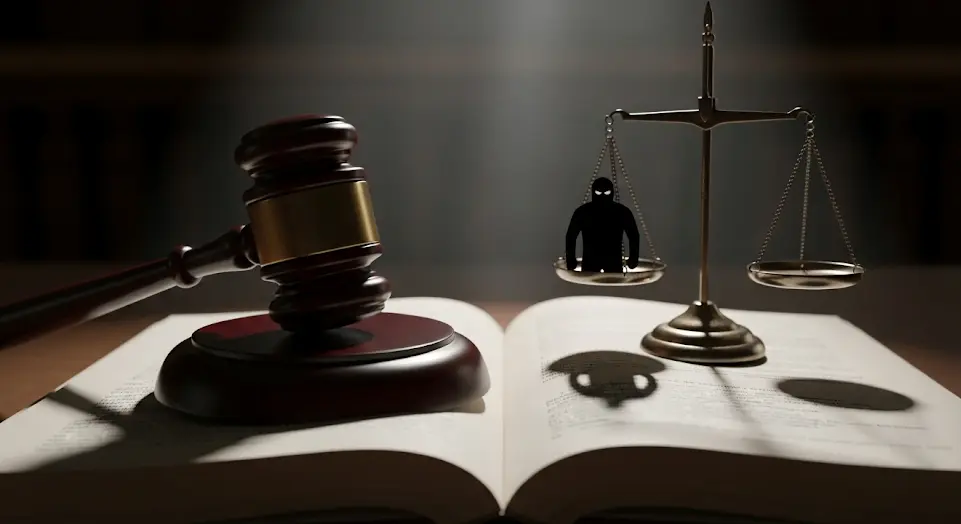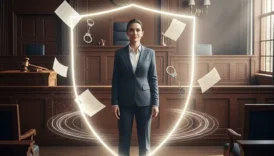What Is a Felony Charge?

Introduction
A felony charge is one of the most serious accusations in the U.S. legal system. It signals that the government believes the accused has committed a crime punishable by significant prison time, heavy fines, and lasting personal consequences. Understanding what a felony charge means can help you navigate legal situations or simply become more informed about criminal law.
Plain Definition
A felony charge is a formal accusation that a person committed a felony—an offense generally punishable by more than one year in state or federal prison. This charge is typically filed after a police investigation and review by a prosecutor, who decides there is enough evidence to pursue the case in court.
Real-Life Examples
- Armed robbery of a bank or store.
- Homicide (including murder and manslaughter).
- Major drug trafficking involving large quantities.
- Serious fraud schemes causing extensive financial loss.
- Sexual assault or other violent crimes.
Importance of the Term
A felony charge is not just a label—it is the start of a process that can change a person’s life.
- Legal stakes: Defendants face long prison sentences and steep fines if convicted.
- Collateral effects: Convictions can limit voting rights, firearm ownership, employment opportunities, and professional licensing.
- Social impact: The stigma of a felony can follow someone for years, even after serving a sentence.
- Procedural differences: Felony cases often involve grand jury indictments, more complex legal proceedings, and higher standards for bail.
Comparison (Felony Charge vs. Misdemeanor Charge)
| Factor | Felony Charge | Misdemeanor Charge |
|---|---|---|
| Seriousness | More severe crimes | Less severe crimes |
| Possible Penalty | Over 1 year in prison | Up to 1 year in jail |
| Impact | Broader and longer-lasting | Usually shorter-term effects |
FAQ
1) Does being charged with a felony mean you are guilty?
No. A charge means the prosecutor believes there is enough evidence to go to trial, but guilt must be proven beyond a reasonable doubt.
2) Can a felony charge be reduced?
Yes. In some cases, a felony charge can be reduced to a misdemeanor through plea bargaining or reclassification, depending on the facts and state law.
3) Who decides to file a felony charge?
Usually the prosecutor’s office, sometimes after a grand jury reviews the evidence.
4) Can felony charges be dropped?
Yes, if evidence is insufficient, if the prosecution chooses not to proceed, or if a judge dismisses the case.
5) Are all states’ felony definitions the same?
No. While the general idea is similar, each state has its own classification system and sentencing rules for felonies.






